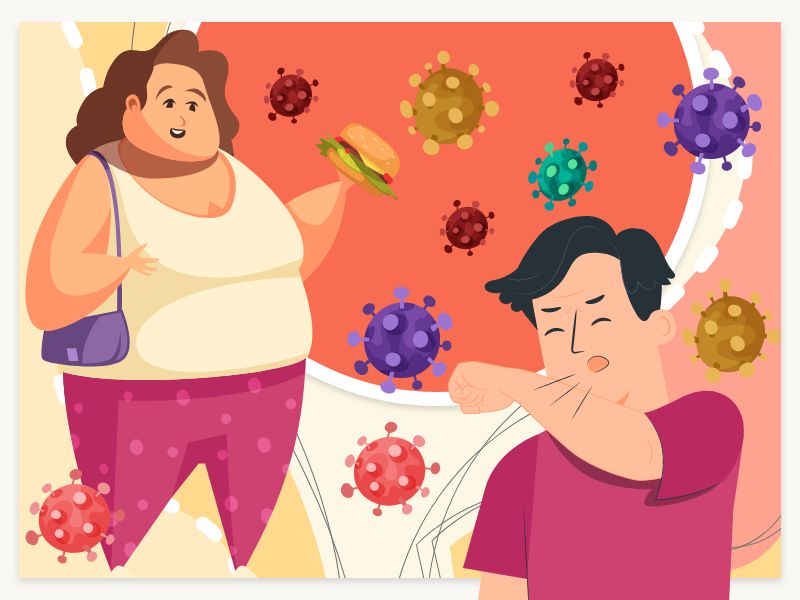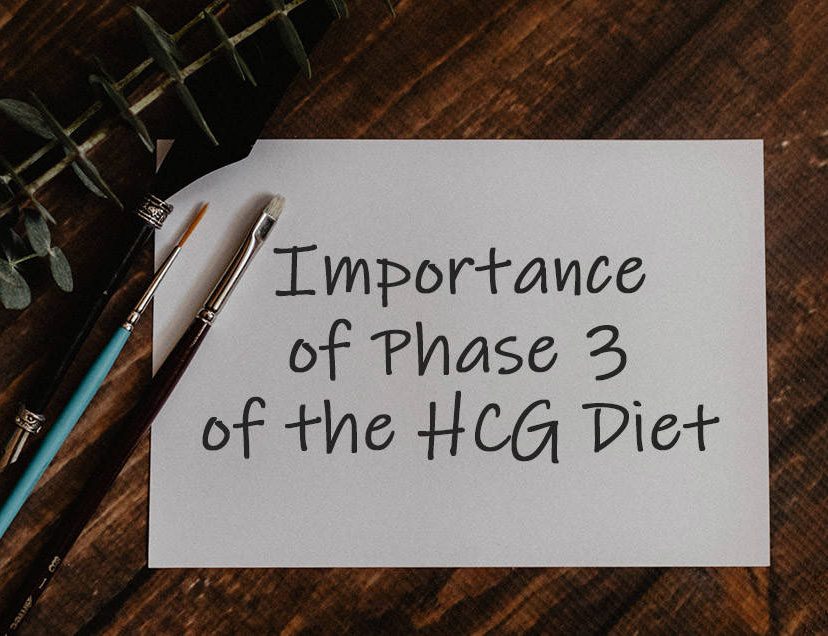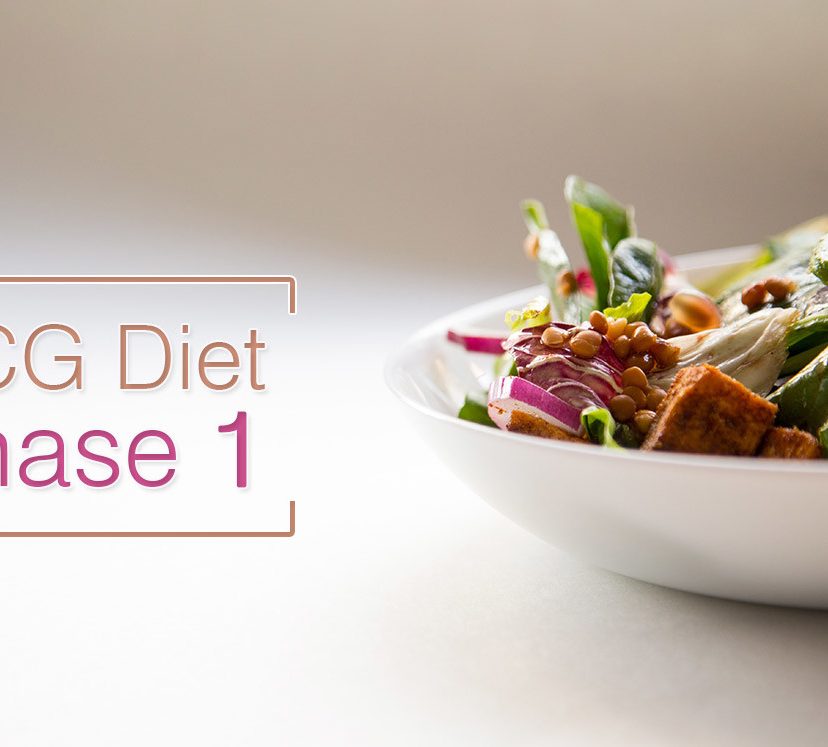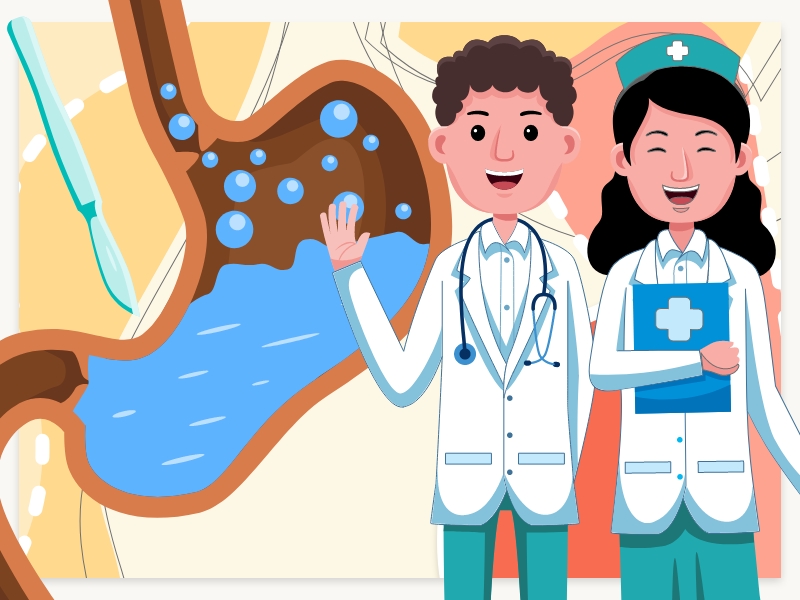Guidelines in Dealing with Dyslipidemia
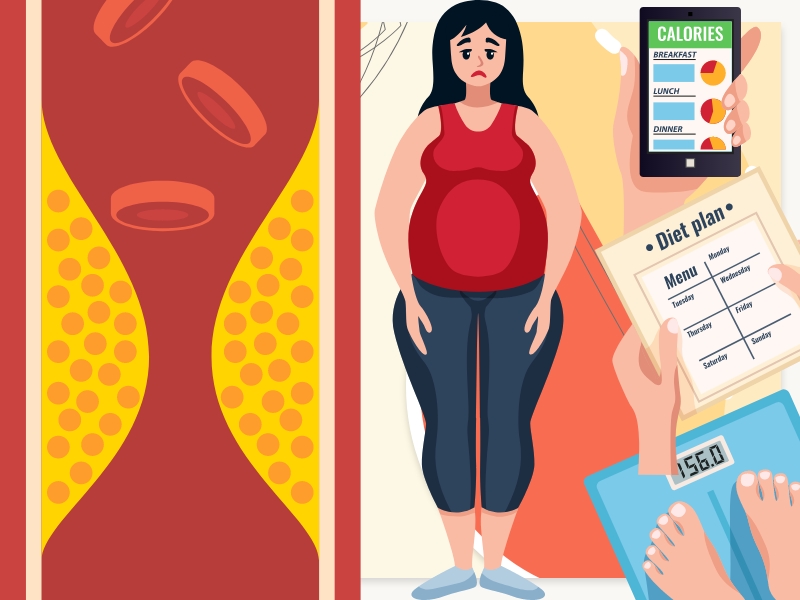
Dyslipidemia occurs when someone has abnormal levels of lipids in the blood. The most common forms of dyslipidemia include:
- High levels of triglycerides
- High cholesterol
- Low levels of high-density lipoproteins
- High levels of low-density lipoproteins
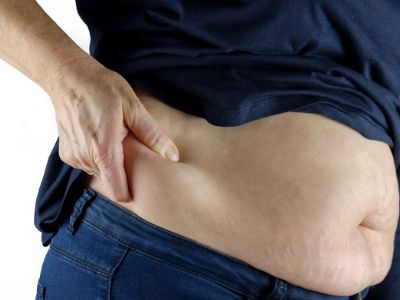
Risk Factors of Dyslipidemia
- Obesity
- A diet rich in saturated and trans fats
- A lack of regular physical exercise
- A sedentary lifestyle
- Hypothyroidism
- Chronic kidney or liver conditions
- Digestive conditions
- Alcohol and tobacco use
- Type 2 diabetes
Symptoms of Dyslipidemia
People with this condition usually have no symptoms. They can often manage or resolve dyslipidemia by making lifestyle adjustments. However, it is important to call for medical assistance if you experience symptoms relating to the heart or circulation such as:
- Nausea and heartburn
- Cold sweats
- Trouble breathing
- Swelling of the ankles and feet
- Exhaustion
- Heart palpitations
- Dizziness
- Chest pain or tightness
People with severe dyslipidemia, especially those with other medical conditions may need to manage their blood lipid levels with medications along with making lifestyle changes.
How You Can Manage Dyslipidemia
Dyslipidemia can be managed in various ways including medications and lifestyle changes.
Recommended Medications
The most commonly used medication for this treatment is a statin. It helps lessen LDL levels by interfering with cholesterol production in the liver. There are several types of statin, though they all work a little differently with some being stronger than others. Your doctor may recommend other cholesterol medications that can be taken in addition to a statin or in place of a statin.
Lifestyle Changes
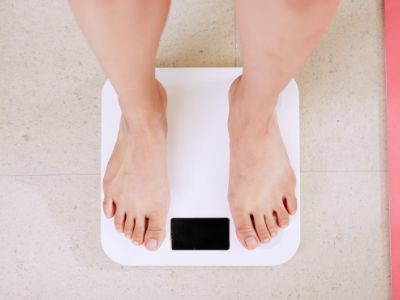
- Maintaining healthy body weight, by losing weight if obese or overweight
- Exercising regularly and eating plenty of dietary fiber from whole fruits, vegetables, and whole grains
- Getting at least 6 to 8 hours of sleep a night
- Drinking plenty of water and reducing or avoiding alcohol intake
- Quitting smoking and other use of tobacco products
- Avoiding sitting for long periods
- Taking omega-3 oil, either as a liquid or in capsules
- Lessening the consumption of unhealthy fats, such as those found in full-fat dairy products, red meats, chocolate, chips, fried foods, and refined carbohydrates
- Increasing consumption of healthy polyunsaturated fats, such as those found in seeds, nuts, legumes, whole grains, fish, and olive oil
Following HCG Diet Program
HCG diet is a very low–calorie diet, consuming no more than 500 to 800 calories a day. The HCG diet program is a very specifically laid out diet plan that resets your metabolism into a fat-burning mode to make sure you lose a large amount of weight. At the same time, you decrease calorie intake making sure that your body will need to burn rather than store fat. This program, when followed properly can optimize your weight and overall health in a very short time depending on the cycle you’ve chosen.

